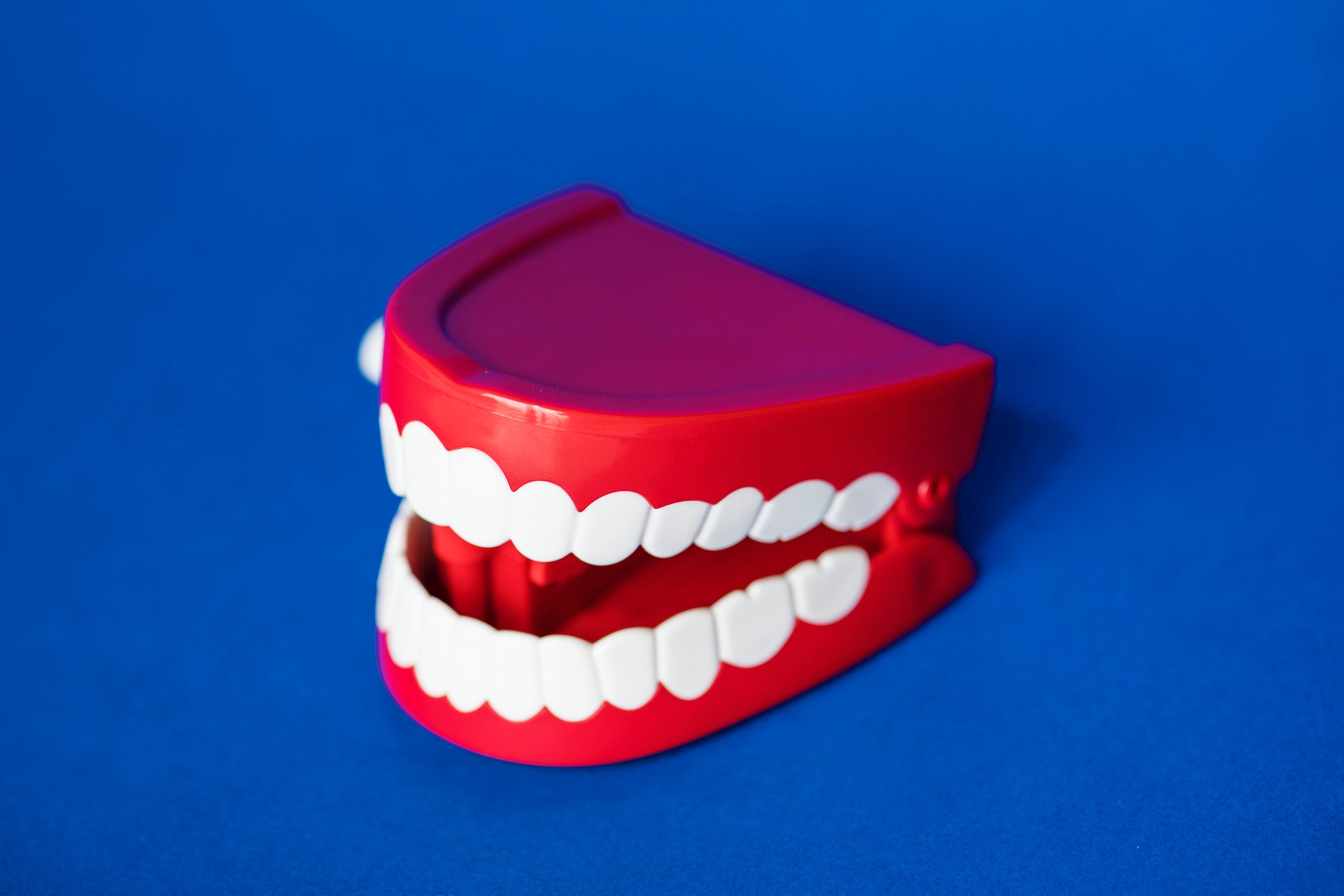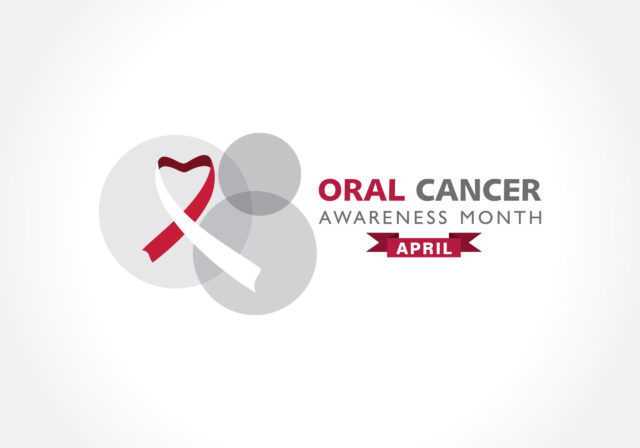People all across the country wake up with constant, dull jaw pain, and many just accept it as a way of life. Fortunately, it does not have to be. You may have heard people talk about night guards, but what is their function, and do they really work? If you are interested in a more pleasant, less painful morning, please read on to learn more.
How a Night Guard Can Help You
Those who wake up with jaw and tooth pain generally suffer from the condition known as bruxism, which, simply put, is the wearing down of teeth due to constant nighttime grinding or clenching. This condition is sometimes more serious than we think, as it affects how we chew, enjoy food, and more. Night guards have several potential benefits, and they are as follows:
- Less tooth and jaw pain: The primary reason people use night guards is to combat some of the symptoms related to bruxism, including tension and pain. A well-crafted night guard molded to your exact set of teeth will help you stop damaging your teeth by grinding or clenching.
- Improved quality of sleep: Since night guards help decrease the amount of pain you feel when grinding your teeth, they inherently improve your sleeping patterns as well. When the muscles in your mouth are tense, you are far more likely to be tense when you sleep. Night guards work to eliminate that problem.
- Fewer headaches: Believe it or not, teeth grinding very often causes headaches. Virtually everything in our bodies is co-dependent, in that each part relies on the others to work properly and efficiently. Therefore, when you prevent your teeth from grinding, you can expect fewer headaches and associated neck pain.
- Decreased snoring: Yes! It’s true. Night guards create a narrow passage between your jaws, therefore increasing airflow and allowing you to breathe better, thereby virtually eliminating snoring in some individuals. Though this is probably not your biggest worry when it comes to your teeth grinding, it may benefit your sleeping partner significantly.
- Good for the long term: While a night guard is a financial investment, the amount you spend now is a comparatively small cost to the various dental treatments you will need down the road to help repair damage from grinding your teeth. If you are someone who grinds their teeth, please consult your trusted hygienist about whether a night guard is a good idea for you.
Dental Associates of Basking Ridge is a compassionate, gentle, and professional state-of-the-art dental practice serving Basking Ridge, Morris & Somerset County. Our office is always ready to greet our patients with a smile, take the time to answer any questions, and provide the quality dental services our patients expect. Please contact us to schedule an appointment. We look forward to serving you!










